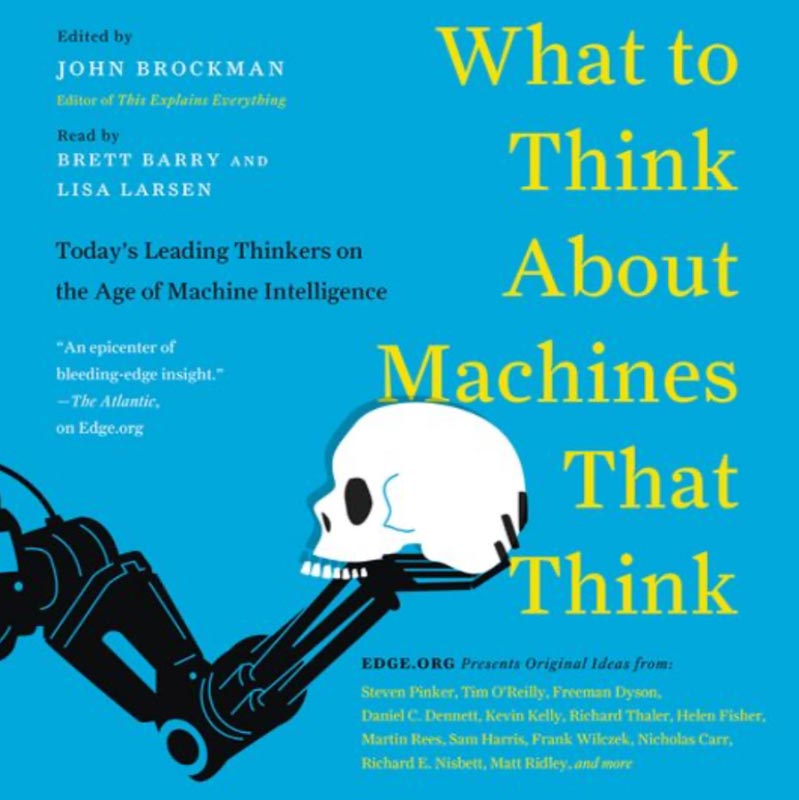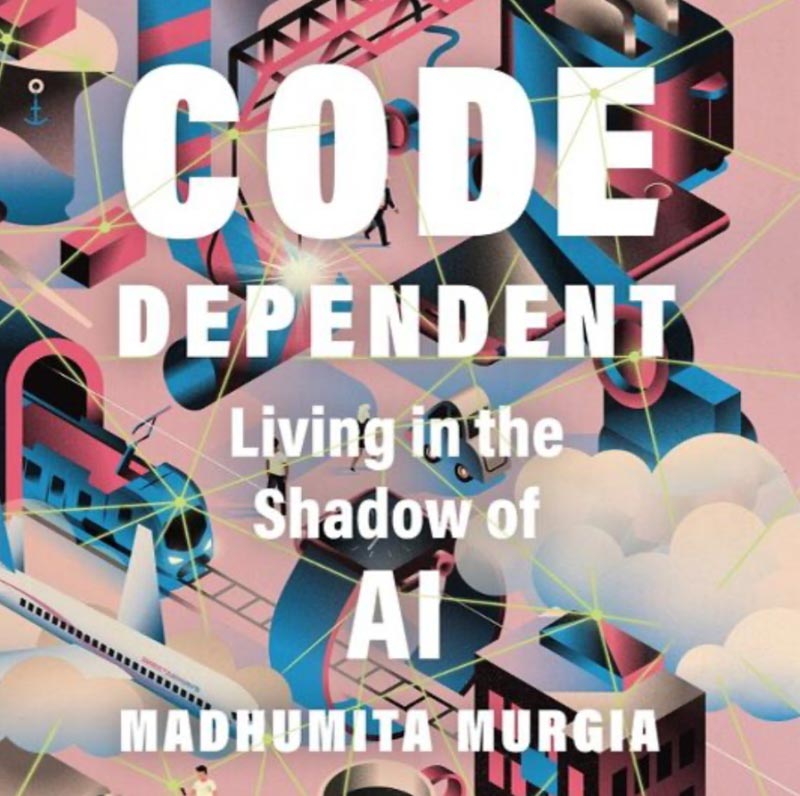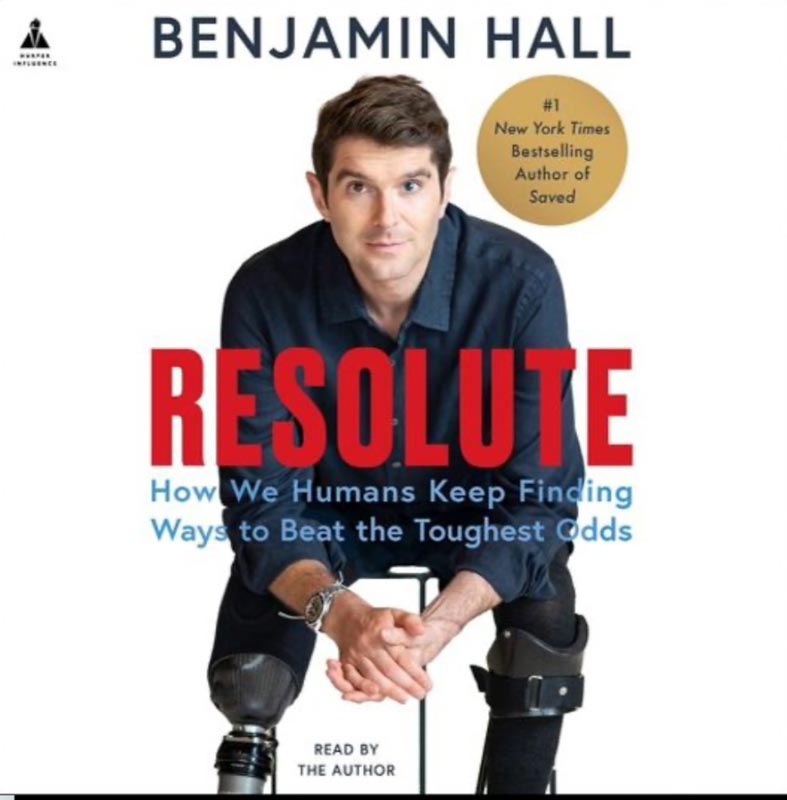What to Think About Machines that Think
Background
Published in 2015, “What to Think About Machines that Think” is a collection of essays edited by John Brockman in which leading scientists, philosophers, engineers, and writers explore the implications of artificial intelligence and machine learning. The contributors offer a wide range of perspectives on whether machines that can think will enhance or threaten human civilization, with topics spanning ethics, consciousness, intelligence, creativity, and societal impact. Some essays warn of existential risks while others emphasize the potential for AI to augment human capabilities. The book does not present a unified view but instead encourages readers to grapple with complex, sometimes conflicting ideas about the role of thinking machines in our future.

My Thoughts
This was a very interesting read to hear what we were thinking about machine thinking a decade ago. Oh, how things have changed…
Still, most of the existential fears still exist and are only augmented by the leaps made in recent years by a largely uninformed public. As I write this, we are creating courseware to teach AI concepts to the novice user on a mass scale. This has likely colored my thinking as I was reading through the book.
The benefits are plain and the abilities we are handed on a silver platter are downright amazing. However, it will take nothing away from the simple fact that we, as the users, still need to think. We still need to understand what tool we are using and the repercussions of the use of that tool. To quote Dr. Jordan Peterson when speaking on the subject of man’s ability to be terrible, “Just because we can bite, doesn’t mean that we should.” I feel the same with respect to AI. There will be bullies and victims. There will be fallout from short-sighted endeavors and actions. However, we will have to wrestle with the implications of this new augmentation of our Information Age.
Recommendation
Dated but a great read for comparison


